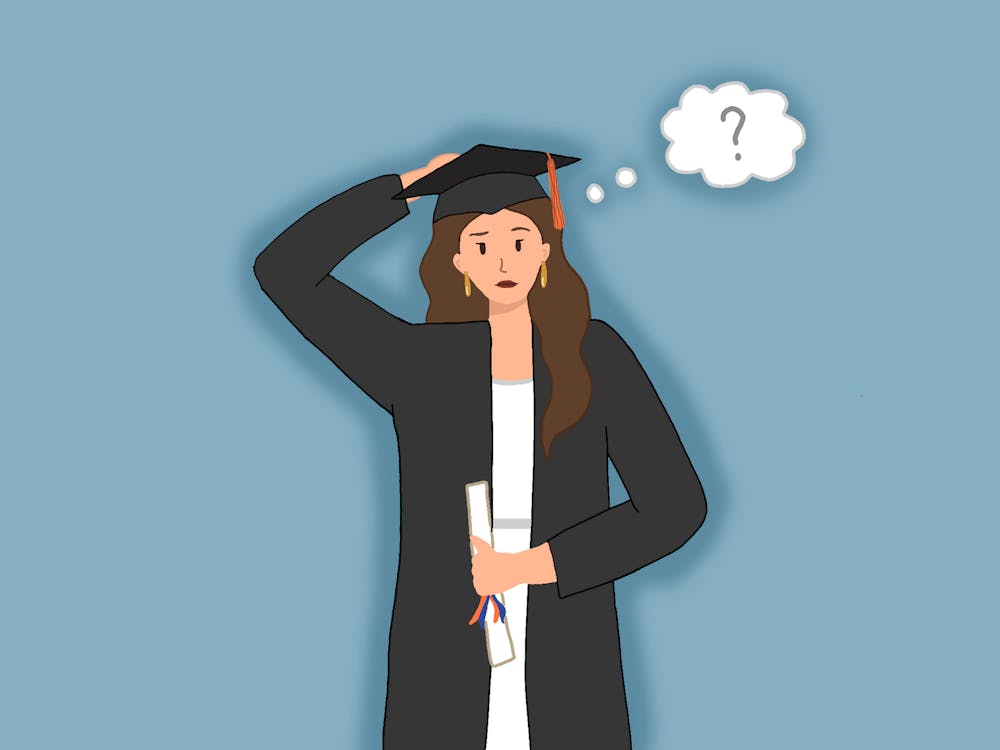The use of fear-mongering in the health care debate is not only inaccurate, but a deplorable misuse of information by today's media. This is made evident by the amount of advertisements used to "clear up" information, as well as the strength of the information used. Quite unfortunate, but we can typically find the common American picking up a newspaper, or searching for blogs online in order to find information to use as their trusted sources to form their opinions. This method of information trafficking, however, is truly twisted and heavily tilted.
Perhaps one of the best illustrative points is when CNN had broadcasts of town hall debates back in August. The lack of intellectual caliber that they chose to air was terrifying with most of the participants giving their opinions based off rumors. My personal favorite was a woman who stood up during a Pennsylvania town hall debate, stating, "I have never been interested in politics up until today. I don't want this country turning into Russia, turning into a socialized country. What are you going to do to restore this country back to what our founders created?" The level of error in her statement is unacceptable, and CNN should not have copied down her opinion after she started off by claiming how disinterested she was in politics.
The typical newspaper of today is often not bipartisan. With this in mind, we also need to take in consideration that the average news station today is not bipartisan either. We often take time out of our days to read the information they feed us, and then we do not take that same amount of time to formulate our own opinions.
In an MSNBC article, "Americans still skeptical about Obama's plans," the author made some pretty provocative claims. The author vividly expressed that a large number of Americans believe that Obama's idea of a new health plan would "worsen the quality of health care." Along with many other claims, by reading the article you would be pretty depressed as an Obama supporter as you would be convinced that barely anyone believes in the functionality of his hopes for a new kind of health care system. However, what do their sources really say?
The poll that the author was using to support his arguments did indeed show that 54 percent of the people taking the poll are "concerned that the government will go too far in reforming the nation's health care system." However, if we go a little further and take a look at the number of people who think that the quality of their health care will get better once they had heard Obama's plan, it had actually risen by 3 percent from July to August. This was a larger growth than those who heard about it and think that it will get worse, which grew by 1 percent in that same time frame.
Now, is this to say that more people believe in changing the health care system? According to this poll, not entirely - the number of those who believed it would get worse was at 40 percent compared to the mere number of 24 percent that believed it would get better. About 27 percent thought it would stay the same. But is this enough? Should we stop here in our reviewing the poll information and the truthfulness of the article?
I'd pray not. Polls such as these are often just as slanted themselves. When opening the poll, the first entry question starts off with whether or not the person taking the poll owns a cell phone or land-line, or both. Now you may ask, "What does this have to do with health care and how I maybe able to fix my leg the next time I twist my ankle when I fall down the steps of a Rugby Road fraternity house?" It appears that the question asks, "Do you have a land-line in addition to your cell phone, or is your cell phone the only telephone you have?" For any person that answered, "Have a land-line," the survey was terminated. Think that's interesting? Well, the only two options it gave were, "Cell phone is only telephone" and "Not Sure." So for those of us fortunate to have both, we all would probably be inclined to put "Not Sure" as there are no double qualifying options. This also leads to a terminated survey.
In close, we deserve to know and understand what the resources are. As the students of the University, I would hope that we all could find the time to actually look behind the surface of our political and social outlets and look at their sources with scrutiny. Whether you consider yourself a Republican or Democrat, make sure the information you are receiving is reasonable. The media has often been misleading with information and the health care debate will definitely lose even more steam if it continues to use faulty surveys and unreliable sources.
Ashley Ford's column appears Tuesdays in The Cavalier Daily. She can be reached at a.ford@cavalierdaily.com.






